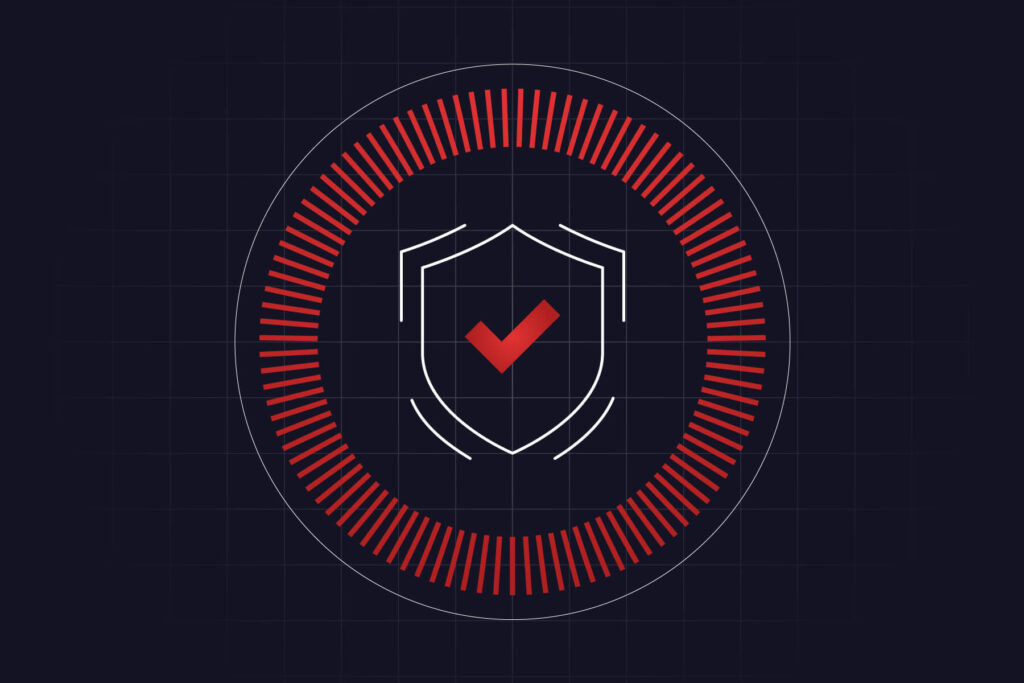In the evolving landscape of mobile device management (MDM), organizations face the choice between modern MDM solutions, like Kandji/JamF/Intune, and traditional manual system administration. This article examines these two approaches, focusing on security, compliance control enforcement, ROI, and the advantages of a tailored MDM strategy.
1. Security Management
Manual System Administration
- Inconsistency in Security Policies: Manual administration can lead to inconsistencies in applying security policies across devices.
- Vulnerability to Human Error: Manual processes are prone to errors, potentially leading to security breaches.
MDM Platforms
- Automated Security Policies: MDM platforms enable the consistent deployment of security policies across all devices.
- Real-Time Threat Detection: These platforms often include features for real-time threat detection and response.
2. Enforcing Compliance Controls
Manual System Administration
- Time-Intensive Compliance Management: Ensuring compliance manually is time-consuming, requiring constant oversight.
- Risk of Non-Compliance: Manual processes can miss critical compliance requirements, increasing risk.
MDM Platforms
- Automated Compliance: MDM platforms can automate compliance processes, ensuring consistent enforcement of policies.
- Audit and Reporting Tools: They offer tools for easy auditing and reporting, simplifying compliance management.
3. Return on Investment (ROI)
Manual System Administration
- Higher Long-Term Costs: Ongoing labor costs and potential non-compliance penalties can make manual administration more expensive in the long run.
- Inefficiency: Manual processes are less efficient, leading to higher operational costs.
MDM Platforms
- Cost-Efficiency: While the initial investment may be higher, MDM platforms can lead to significant long-term savings.
- Enhanced Productivity: Automation and centralized management increase overall operational efficiency.
Calculating ROI
- Initial vs. Ongoing Costs: Balance the upfront cost of MDM platforms against the ongoing costs of manual administration.
- Long-Term Benefits: Consider long-term benefits like reduced labor costs, improved security, and compliance efficiency.
4. Prodigy 13’s Tailored MDM Approach
MDM Selection and Management
- Customized MDM Solutions: At Prodigy 13, we evaluate each client’s unique needs to recommend the most suitable MDM solution, considering factors like company size, operating systems in use, industry, and specific security requirements.
- Complete or Co-Managed Services: We offer flexibility in management, providing either complete management of the MDM solution or a co-managed approach alongside our clients.
Value-Added Services
- Expert Integration: Our team ensures seamless integration of the MDM platform with existing systems.
- Ongoing Support and Optimization: We provide continuous support and optimization to ensure the MDM platform evolves with the client’s needs.
Choosing between MDM platforms like Kandji and manual system administration involves considering various factors, including security, compliance, and ROI. Modern MDM solutions offer significant advantages in these areas, providing a more streamlined, secure, and cost-effective approach to device management. Prodigy 13’s tailored MDM services further enhance these benefits, ensuring that organizations receive an MDM solution that is perfectly aligned with their specific needs and goals.



